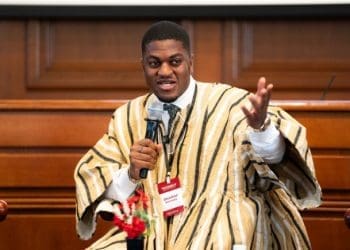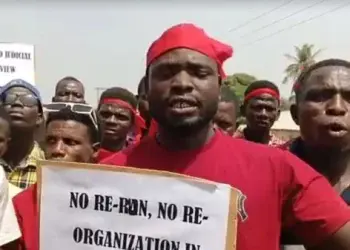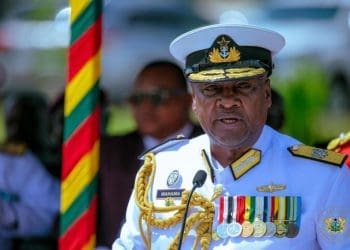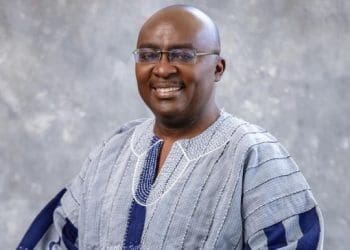Mr Tong Defa, the Chinese Ambassador, has urged Ghanaians to remain united and pursue their own path to modernisation and national development, rather than copying wholesale the models of other countries.
He said Ghana should develop a long-term, homegrown national development plan that reflected its unique circumstances, resources, and cultural strengths.
Mr Tong made the call when addressing selected journalists participating in a 12-week training programme on Reshaping Reportage about Africa-China Relations, particularly between Ghana and China.
The maiden programme is being organised by the Africa–China Centre for Policy and Advisory (ACCPA).
Walking participants through China’s journey to modernisation, Mr Tong observed that Ghana possessed more natural resources than China did at the start of its development drive and that adding value to those resources could significantly boost foreign exchange earnings.
“Be self-independent and self-reliant. You cannot continue to rely on others. Mobilise the whole country to achieve your goals,” he said.
“On issues like food security, get everyone on board, be united, and you can achieve it.”
The Ambassador emphasised that every country must choose its own development model.
“For Ghana and other African nations, this could include drawing on existing cultural systems, such as the role of traditional leaders, to strengthen governance and development,” he said.
“A lot of African countries have copied too much from developed nations in terms of governance, and that may not always be the best fit.”
Mr Tong noted Ghana’s numerous strengths, including a large youthful population, a peaceful atmosphere, and the government’s 24-hour economy initiative, which could drive growth if supported by national sacrifice and collective effort.
He encouraged more Chinese investors to take advantage of Ghana’s enabling environment, describing the country as an ideal destination for investment.
The Ambassador underscored the importance of education, urging parents to prioritise their children’s schooling over early income-earning activities.
He called on the government to strictly enforce the constitutional provision of free, compulsory basic education.
He commended Ghana’s school feeding programme, noting that it could motivate pupils to stay in school and take their studies seriously












